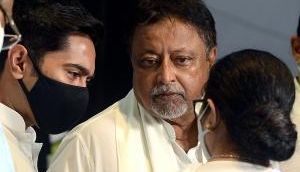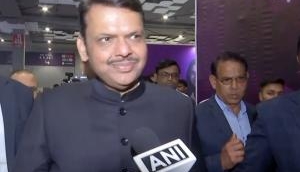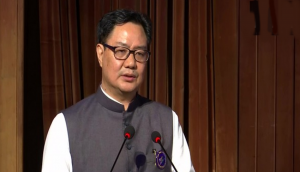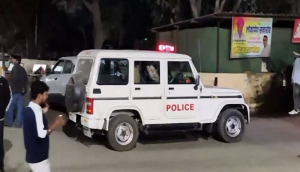
A plea was filed in the Supreme Court on Tuesday, seeking a direction that political parties should only field candidates who are graduates and below 75 years of age at the time of notification of an election.
A bench headed by Chief Justice Ranjan Gogoi is seized of a PIL filed by BJP leader and lawyer Ashwini Upadhyay seeking various reliefs, including setting up of special courts to try criminal cases involving lawmakers.
Ashwini Upadhyay, in its fresh interim plea, said imposing a condition during elections to prevent parties from fielding illiterate candidates is a "reasonable restriction" keeping in mind the concessions and privileges enjoyed by MLAs, MLCs and MPs.
The plea said the functions performed by legislators are vital to democracy and there is no reason why they should be held to lower standards than municipal councilors and gram pradhans.
"In many states, candidates for municipal councilor and gram pradhan certainly would not be considered at all if they are illiterate," the plea said.
If a person, who is going to make laws and amend the Constitution, is not educated enough to understand the "pros and cons of the laws", then it would be "disastrous", it stressed.
"It is true that even if a person went through higher education, he can still be unsuitable to be a legislator, but to have a legislator who didn''t even go to college or university in the 21st Century is unfathomable.
Do we, as a country, wish to be represented by a dumbfounded persona that can''t find the exit or well-spoken and expressed figure that can handle any situation that arise at the moment?" it said.
Besides setting up of special criminal courts for lawmakers, the PIL has also sought a life-time ban on politicians convicted in cases.
Earlier during a hearing of the PIL, the top court had directed setting up of designated courts in each district of Bihar and Kerala to try pending criminal cases involving former and sitting lawmakers in the two states.
The court was informed that there were 4,122 criminal cases pending, some for over three decades, against present and former members of Parliament and legislative assemblies.
The court had fixed the sequence for cases to be tried in these designated courts and said that cases against sitting or former Member of Parliament (MP) or Member of Legislative Assembly (MLA) involving offences punishable with life imprisonment or death sentence, shall be taken on a priority.
Senior advocate Vijay Hansaria, appointed as amicus curiae to assist the court in the matter, had also pointed out in his report the 4,122 pending cases.
The report said that out of the pending cases, 2,324 cases are against sitting lawmakers both MPs/MLAs and 1,675 number of cases against former legislators (both MPs/MLAs).
-PTI




_in_Assams_Dibrugarh_(Photo_257977_300x172.jpg)


![BJP's Kapil Mishra recreates Shankar Mahadevan’s ‘Breathless’ song to highlight Delhi pollution [WATCH] BJP's Kapil Mishra recreates Shankar Mahadevan’s ‘Breathless’ song to highlight Delhi pollution [WATCH]](https://images.catchnews.com/upload/2022/11/03/kapil-mishra_240884_300x172.png)

![Anupam Kher shares pictures of his toned body on 67th birthday [MUST SEE] Anupam Kher shares pictures of his toned body on 67th birthday [MUST SEE]](https://images.catchnews.com/upload/2022/03/07/Anupam_kher_231145_300x172.jpg)






_in_Assams_Dibrugarh_(Photo_257977_1600x1200.jpg)